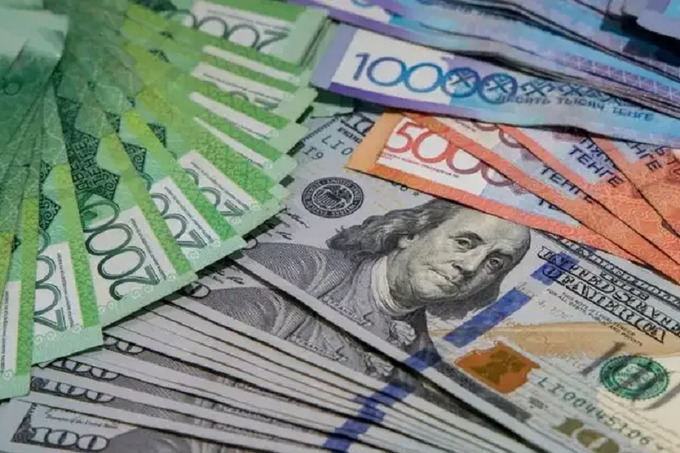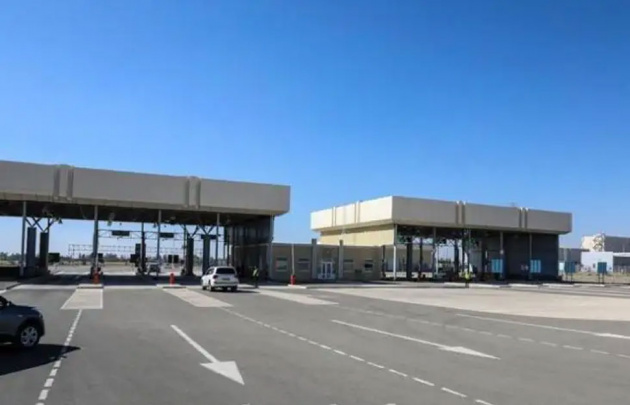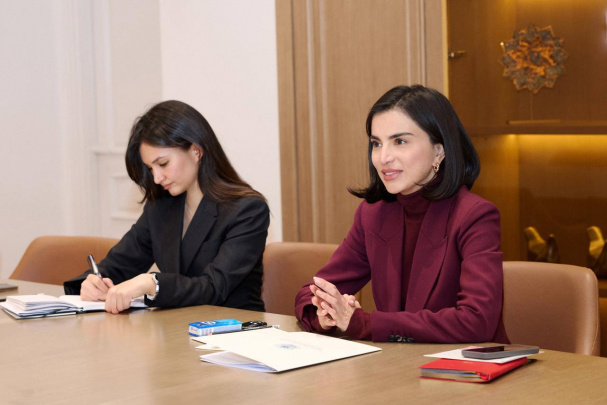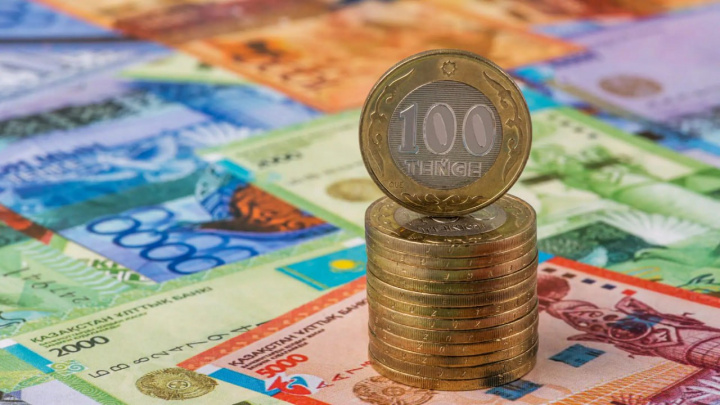Kazakhstan raises key interest rate amid tenge devaluation
Amid significant devaluation of the tenge and rising inflationary pressures, Kazakhstan’s National Bank has raised its key interest rate from 14.25% to 15.25%. This marks the first increase since late 2022, reflecting concerns about inflation risks and the weakening national currency.

Photo: zakon.kz
The decision to adjust the base rate, announced on November 27, was made after revising inflation forecasts and assessing economic risks. The central bank noted that external and internal factors, including global food price hikes and currency volatility in key trading partners, particularly Russia, have accelerated price growth.
Inflation forecasts for 2024 have been revised upward to 8–9%, while projections for 2025 and 2026 were raised to 6.5–8.5% and 5.5–7.5%, respectively. These adjustments account for expanded fiscal stimulus, ongoing utility sector reforms, exchange rate pressures, and increased external inflation.
Economic growth forecasts have also been downgraded. For 2024, the GDP growth estimate is set at 4–4.5%, with projections for 2025 and 2026 lowered to 4.5–5.5% and 4.6–5.6%, respectively, primarily due to expected declines in oil prices and moderate external demand.
The tenge has faced significant devaluation, losing 5% of its value against the US dollar in November and 12.8% since the beginning of the year. As of late November, the exchange rate reached 513 tenge per dollar.
The National Bank attributed the depreciation to heightened volatility in global markets, strengthening of the US dollar, and fluctuating currency values in other emerging markets. Additionally, market activity has surged, with daily trading volumes doubling or tripling in response to crossing the psychologically significant 500 tenge threshold.
While the National Bank conducted $1 billion in currency interventions earlier this month, it has since ceased these operations, allowing the exchange rate to stabilize under “pure market factors.”
Kazakhstan remains Uzbekistan’s third-largest trading partner, and fluctuations in the tenge and Russian ruble could impact Uzbekistan’s exporters, reducing their competitiveness. Financial expert Otabek Bakirov noted that sustained devaluation of these currencies might exert pressure on the Uzbek soum through trade and remittance channels.
Russia’s Central Bank recently raised its key interest rate to 21% and suspended foreign currency purchases in its domestic market, further signaling heightened financial instability in the region.
Kazakhstan’s National Bank has pledged to continue monitoring inflation trends and indicated readiness to tighten monetary policy further if necessary to achieve its medium-term inflation target of 5%.
Related News

17:01 / 11.03.2025
Kazakhstan and Uzbekistan to establish industrial cooperation center at border

18:13 / 10.03.2025
Russians turn to Uzbekistan for "card tourism" following Kazakhstan's restrictions

11:59 / 06.03.2025
Saida Mirziyoyeva discusses strengthening strategic partnership with the Ambassador of Kazakhstan

20:06 / 05.03.2025



